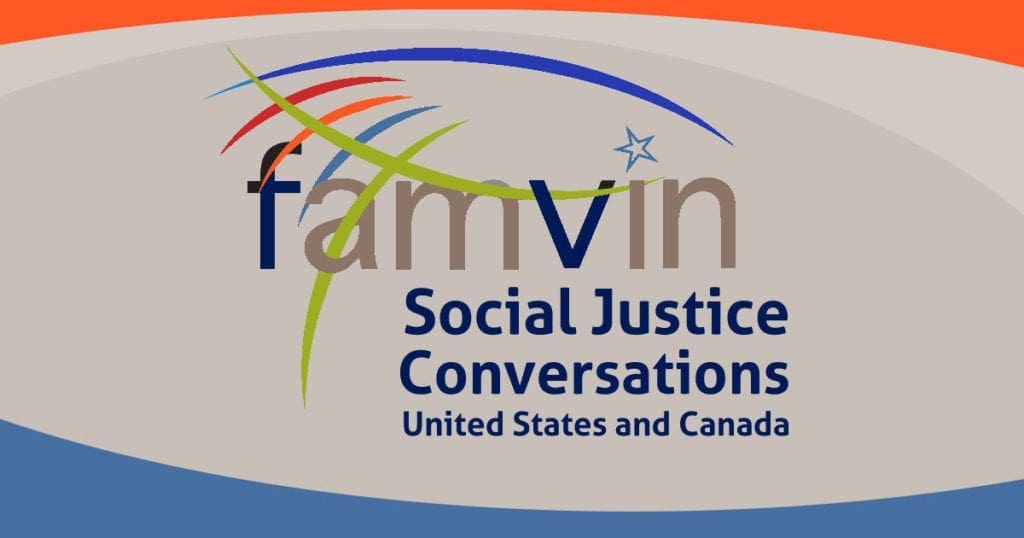Introduction
In Haiti, the echoes of gunfire are as common as the cries for help. The Caribbean nation, marked by a history of upheaval and disaster, now faces an era dominated by gang violence and political instability. From this standpoint, the Vincentian family, deeply rooted in social justice, urges a reflective pause. This article seeks not only to outline Haiti’s turbulent history but also to examine how the global community’s response to its crises may have failed to empower its people, questioning whether external aids have fostered dependency rather than resilience.

Historical Context of Haiti
Haiti’s history is a chronicle of defiance and suffering. Once the richest colony in the Americas, it became the first black republic in 1804 after a successful slave revolt. Yet, this victory came at a steep price: decades of economic penalties, political isolation, and internal turmoil. The scars of these early struggles are visible in Haiti’s modern socio-economic fabric, which is characterized by widespread poverty and underdevelopment. Understanding this history is crucial for grasping the roots of the current instability and the challenges that lie in constructing a peaceful, prosperous future.
The World’s Response to Haitian Disasters
International attention has surged in the wake of Haiti’s disasters, most notably after the devastating earthquake in 2010. Billions of dollars in aid flowed into the country, aimed at reconstruction and relief. However, a decade later, the tangible benefits of these efforts are hard to discern. Infrastructure remains inadequate, and the economy is stunted. This pattern of response raises important questions about the nature of aid: Is it truly empowering for Haitians, or does it serve as a mere salve for the conscience of the global north?
The Issue of Agency and Empowerment
Empowerment and agency are central to the discussion of Haiti’s path forward. Historically, Haitians have had limited control over their destiny, a situation exacerbated by external interventions that often dictate political and economic directions. Aid, when not paired with genuine partnerships, can undermine the very agency it aims to foster by sidelining local leaders and solutions. For Haiti to thrive, empowerment must be the cornerstone of aid, ensuring that initiatives are community-led and sustainable.
Positive Contributions by the Vincentian Family
Despite the grim landscape, branches of the Vincentian family, such as the Daughters of Charity and the Society of St. Vincent de Paul, are beacons of hope. These organizations maintain an ongoing presence in Haiti, focusing on community-based programs that address both immediate needs and long-term development. Their work exemplifies how to partner on-the-ground efforts with global awareness, creating a blueprint for effective and lasting responses.
Gang Violence and Societal Impact
Today, gang violence casts a long shadow over Haiti’s landscape. Schools shut down, businesses close, and daily life is disrupted by fear and uncertainty. Unlike the immediate aftermath of natural disasters, the slow and corrosive impact of gang dominance does not trigger the same international urgency. This discrepancy highlights a grim reality: global attention and aid are often reactionary and tied to media visibility, leaving systemic issues like violence and corruption to fester and worsen.
Reflective Questions and Call to Action
As we consider Haiti’s plight, we must ask ourselves difficult questions. Do we only extend our hands in times of headline-grabbing calamities? Are our efforts genuinely aimed at building resilience or merely at maintaining appearances? The Vincentian call to social justice demands that we look beyond immediate relief to foster long-term sustainability and self-sufficiency. It is not enough to act; we must act wisely and with respect for the dignity and potential of the Haitian people.
Conclusion
Reflecting on Haiti’s history and the global response to its crises reveals a complex tapestry of challenges and missteps. For the international community and organizations like the Vincentian family, it is time to rethink strategies and focus on empowerment through consistent, thoughtful, and respectful engagement. By shifting our approach, we can help pave a pathway toward a stable and prosperous Haiti, driven by the will and agency of its people.
“Solidarity means much more than engaging in sporadic acts of generosity. It means thinking and acting in terms of community. It means that the lives of all are prior to the appropriation of goods by a few. It also means combatting the structural causes of poverty, inequality, the lack of work, land and housing, the denial of social and labor rights. It means confronting the destructive effects of the empire of money… Solidarity, understood in its most profound meaning, is a way of making history, and this is what popular movements are doing.” (Pope Francis, On Fraternity and Social Friendship [Fratelli Tutti], no. 116)
Pamela Matambanadzo
International Territory Vice President (ITVP) for America 1 for the International Confederation of the Society of St. Vincent de Paul







The sisters of charity of Convent Station New Jersey have been advocates and have been present in Haiti since the time of the earthquake
We have representatives working with the UN and our sisters maintain a connection to a school a clinic Every health we provide to my knowledge has to be rather secretive But we pray we raise money for Haiti we instruct people in our schools And certainly do all we can to advocate for a better tomorrow